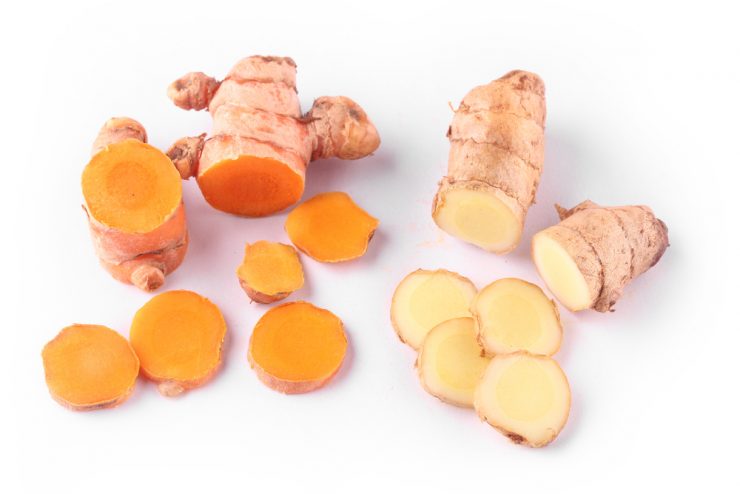For centuries, when faced with minor sickness or illness people have turned to so-called ‘home remedies’ as their first port of call before going to a doctor or some other primary care provider. In fact, according to a recent survey, 4 out of 10 adults have turned to some form of alternative remedy when faced with such an issue. Despite this, home remedies are still treated by many with a great deal of skepticism. Much of this skepticism, however, is rooted in a misunderstanding about the nature of ‘home’ or ‘natural’ remedies, why and how they are used, as well as their limits. With that said, the following article will give a brief overview of what exactly home remedies are, when to use them, some tried and tested options, and knowing when to limit their use.
What are home remedies?
‘Home remedies’ or ‘natural remedies’ refers to substances taken by individuals as alternatives to over the counter (OTC) or prescriptions drugs. They range from supplemental vitamins and minerals purchased at a health food store, to remedies made from food items commonly found around the house. Home remedies have been used for thousands of years in conjunction with formally prescribed medicines and in many cases pre-date modern medicine by centuries.
The benefits of Home Remedies
Much of the appeal of ‘home remedies’ is found in how accessible they are to the common user. Rather than having to be prescribed by a medical professional, home remedies can be quickly taken at the first signs of an illness rather than having to go through the process of diagnosis and prescription at a medical care provider. Many home remedies are also cheaply and easily available which makes them an attractive option for those with limited health care access.
Popular home remedies
Here are some of the most popular home remedies that have had positive effects as reported by users:
Peppermint oil
Peppermint oil is frequently used as a natural remedy for cramps, bloating, gas, diarrhoea, constipation, and other minor gastrointestinal irritations.
Honey, lemon, and ginger
A mixture of hot water, honey, ginger, and lemon is a classic home remedy if you have a sore throat or an irritating cough.
Turmeric
This spice has been used for hundreds of years for a variety of conditions from arthritis to fatty liver.
Magnesium
Recent scientific research supports the use of magnesium supplementation for individuals suffering from sleep related disorders. Individuals who have trouble getting to sleep have found this anti-stress mineral to increase sleep quality on par with prescription and other OTC options.
Knowing what works and what doesn’t
Despite many home remedies having been around for hundreds of years, not all remedies are created equal. Indeed, there is a great deal of variation in terms of their efficacy and how well they are supported by the winder scientific literature. As such, when turning to a home remedy you do have to be somewhat discerning in terms of what you put your faith in. It is recommended you only use home remedies that are either supported by scientific studies, come recommended by a member of the medical community, or have a well-established track record of success. It should also be remembered that if you don’t notice any improvement you should always consult a qualified medical professional such as a GP or primary care doctor. This greatly reduces any risks associated with home remedies and ensures you get the effective care you need!













